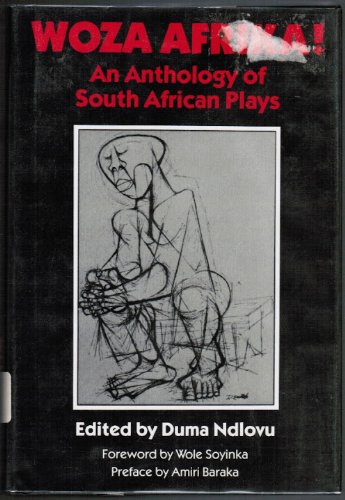
Barney Simon, South African theatre director (born April 13, 1932, Johannesburg, South Africa—died June 30, 1995, Johannesburg), was a long-time force behind the growth of indigenous South African black drama and served as the artistic director of the non-racial Market Theatre in Johannesburg from its founding in 1976 until his death.
In 1976 Barney Simon co-founded Johannesburg’s Market Theatre, South Africa's first multiracial cultural centre and a birthplace of the country’s indigenous theatre movement. Working under the racial segregation laws of apartheid without state subsidies and under constant threat of arrest for staging controversial contemporary plays performed by multiracial casts in front of multiracial audiences, Simon remained the theatre's artistic director from its opening until he died. He was the first to stage many of Athol Fugard’s plays, directed a film for the BBC of Nadine Gordimer’s story "City Lovers", and worked with screenwriter Jean-Claude Carrière on the French translation for the Paris production by Peter Brook of Simon’s last play, The Suit (Le Costume) (1994).
Simon was known for his method of creating and developing original plays through a workshop process of field research, improvisation and collaborative writing, sometimes with untrained actors or combinations of musicians, professional actors and people entirely new to the theatre.
Simon, the son of working-class Lithuanian immigrants, became an opponent of racial inequality at an early age. He discovered a love of theatre while working under director Joan Littlewood in London in the 1950s. After returning to Johannesburg, he supported himself by working as an advertising copywriter while he produced and directed plays, notably Athol Fugard’s The Blood Knot (1961).
Simon spent a year (1969-70) in the U.S., where he introduced South African plays to a wider audience and edited the journal New American Review. In 1976 Simon and Mannie Manim opened the Market Theatre in a converted fruit market. There he nurtured dramatists such as Fugard, Percy Mtwa, and Mbongeni Ngema--in spite of recurring financial difficulties and the constant threat of arrest for staging controversial contemporary plays performed by multiracial casts in front of multiracial audiences. Simon’s own published works include the play Born in the R.S.A.
Publications
Selected Plays
- Phiri (1972)
- Hey Listen (1973)
- People (1973)
- People Too (1974)
- Storytime (1975)
- Cincinnati (1979)
- Cold Stone Jug (1980)
- Call Me Woman (1980)
- Marico Moonshine and Manpower (1981)
- Woza Albert! (1981)
- Black Dog-Inj Mayama (1984)
- Born in the RSA (1985)
- Outers (1985)
- Klaaglied vir Kous (1986)
- Inyanga - about Women in Africa (1989)
- Eden and Other Places (1989)
- Score me the Ages (1989)
- Starbrites (1990)
- Singing The Times (1992)
- Silent Movie (1993)
- The Suit (1994)
Books

